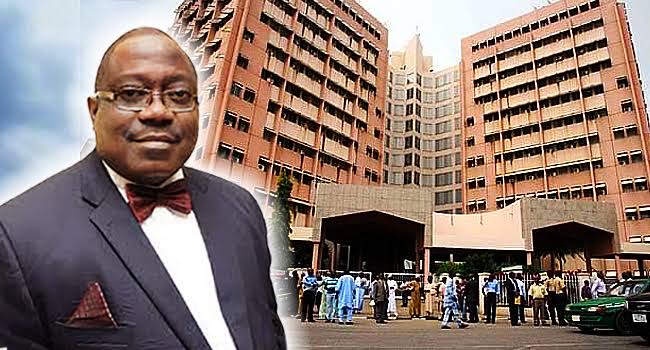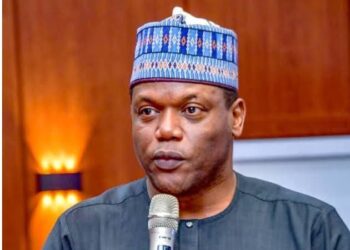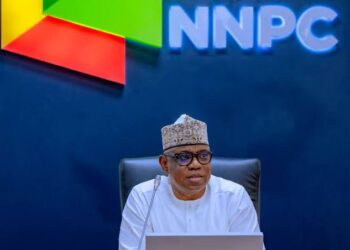The Chairman of the Federal Civil Service Commission (FCSC), Prof. Tunji Olaopa, articulated various strategies that civil servants could employ to fulfill the performance commitments they made to President Bola Tinubu as part of his Renewed Hope Agenda. Olaopa delivered a speech during a public lecture commemorating the 2024 Civil Service Week in Abuja.
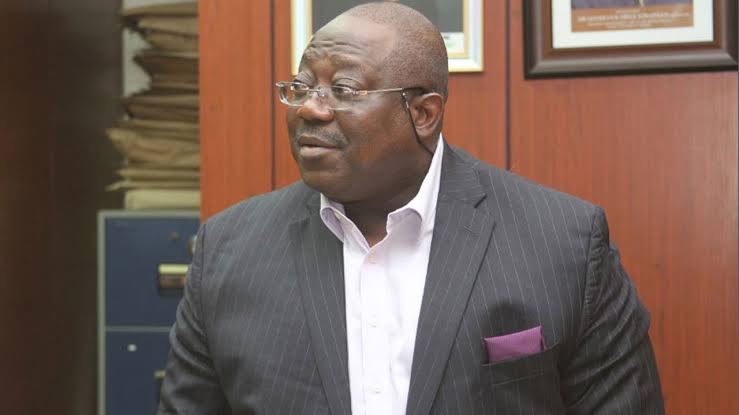
In a message of goodwill, Olaopa reminisced that the African Union (AU) designated the week as the Public Service Week in 1994 in Tangier, Morocco, to shed light on how to elevate the professionalism and readiness of the civil service. He commended Dr. Folasade Yemi-Esan, the Head of the Civil Service of the Federation, for her commendable and innovative reform efforts through the implementation of the Federal Civil Service Strategy and Implementation Plan (2021-2025).Olaopa emphasized that advancing the ongoing administrative reform would necessitate value-based leadership that leverages profound and nuanced strategic thinking and sets an example through leadership.He questioned why, despite numerous civil service reform initiatives since 1999, the federal bureaucracy appears to be regressing in key performance indicators crucial for its overall effectiveness as the hub of governance.
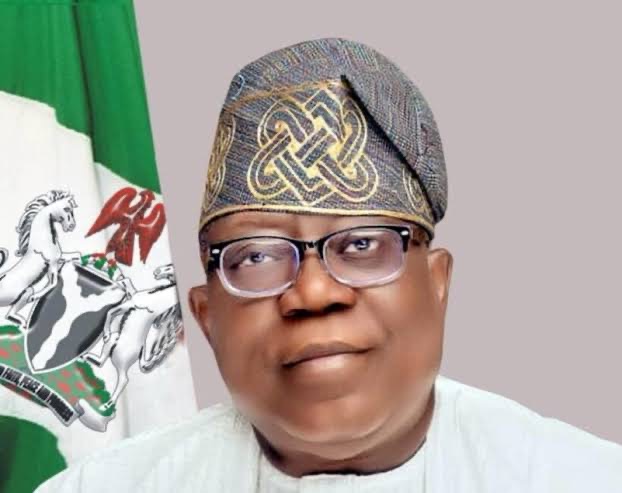
The professor of public administration emphasized that by enhancing resource efficiency through innovation, civil servants can engage in significant productivity improvements that enable better compensation and benefits.Furthermore, Olaopa highlighted the importance of enhancing bargaining power to secure improved terms of service, motivating and attracting skilled individuals to the civil service, thus elevating the status of the profession and positioning the government as an employer of choice in the national economy.
He also raised inquiries about the necessary changes to personnel policies, salary structures, and operational costs that are both cost-effective and conducive to achieving optimal productivity levels in the public service and, consequently, the national economy. Additionally, he addressed the need for change management and capacity-building strategies to address any shortcomings in performance by Ministries, Departments, and Agencies (MDAs) in meeting the performance commitments made to the Federal Government.Olaopa expressed his willingness, in his capacity as the chair of the service commission, to collaborate in addressing these concerns through knowledge sharing, learning, and strategic partnerships to elevate existing reform programs to a higher level.


